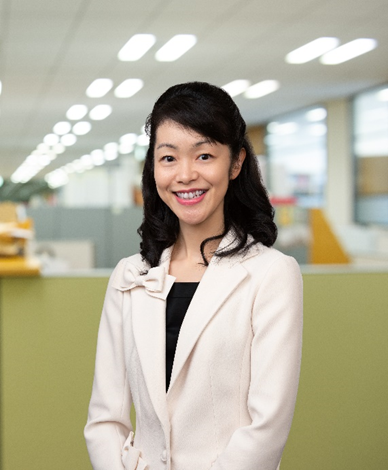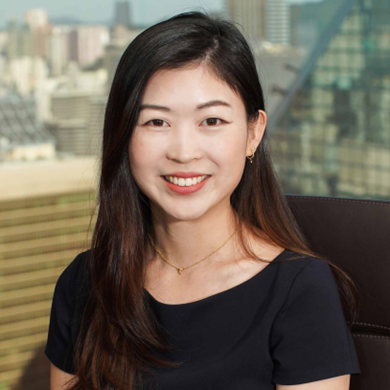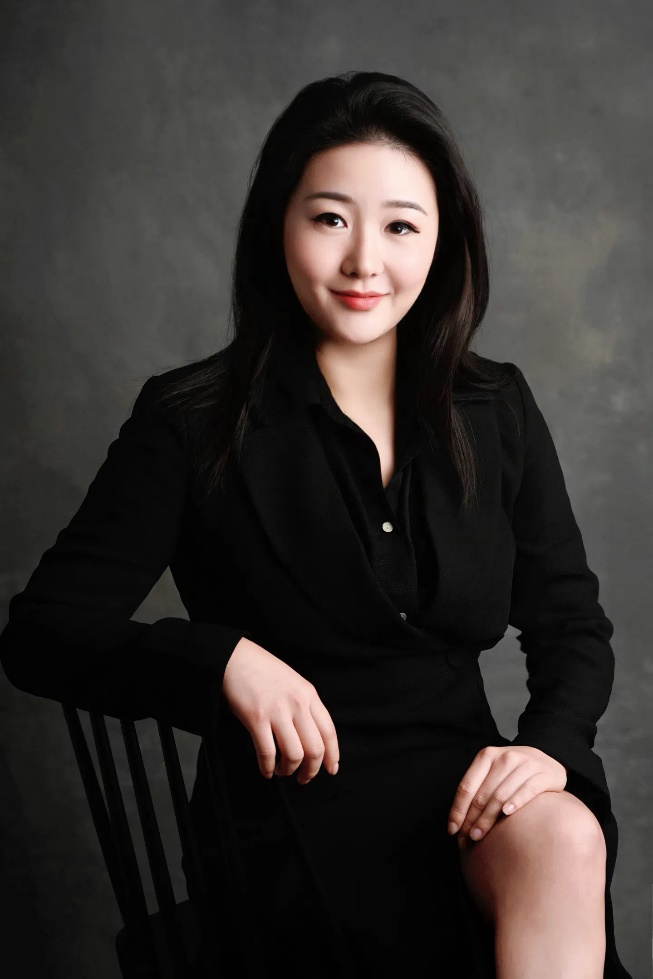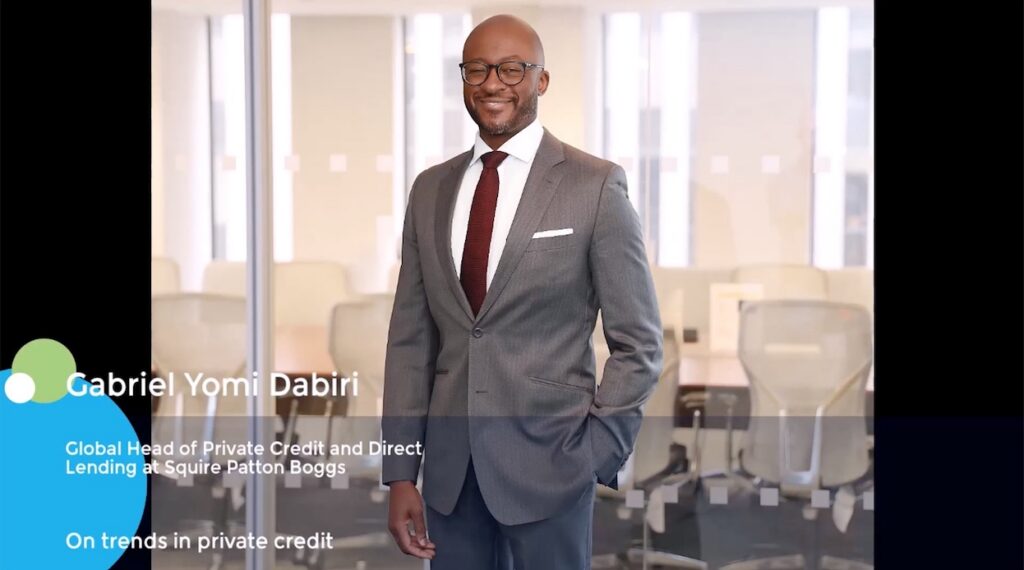Contributions, achievements, and observations of outstanding female professionals – Women to Watch Part I
To mark International Women’s Day, the women of ION Analytics, including reporters and analysts at Debtwire, Mergermarket, Dealreporter, Cybersecurity Law Report, Hedge Fund Law Report, and Anti-Corruption Report have interviewed outstanding women in their respective jurisdictions and fields.
It is our honor to highlight these women and their accomplishments and contributions to their industries, and share some of their insights and perspectives. These lawyers, advisors, and consultants from around the world specialize in private equity, restructuring, mergers and acquisitions, hedge funds, anti-corruption, data privacy, and more. We hope these remarkable women inspire you as much as they do us.
In Part I of this eight-part series, Yiqing Wang and Raiha Mahmoud profile notable women in the APAC mergers and acquisitions field, including (i) Nozomi Oda, partner at Morrison Foerster Law Offices (ii) Eve Lee, managing director, Special Situations at Bain Capital, and (iii) Murong Yang, managing director at Future Capital Discovery Fund.
Nozomi Oda, Partner, Morrison Foerster Law Offices (Tokyo)

Nozomi focuses on cross-border public and private M&A, joint ventures, strategic investments and capital markets. She also serves as co-head of Morrison Foerster’s Asia Private Equity practice.
What will be the most important factor driving M&A in 2025?
In the context of Japan, the key driver will be international private equity (PE) funds that are keen to do transactions in the country. Historically speaking, PE transactions had been led by a small handful of international PE funds that have had substantial operational presence in Japan. More recently, we see a new set of global PE players actively investing in Japan, some of whose names have already become familiar in the market, but also including those with a well-established brand outside of Japan which have not yet done a high-profile deal here.
I expect this trend will continue this year, primarily because management members of Japanese companies are now more open to doing transactions with such funds. Secondly, more PE funds are interested in doing more deals in Japan. It goes both ways: there are a lot of opportunities in Japan that would match the needs on both the target and buyer side.
According to a 2024 article “Women in the Legal Profession” published by the American Bar Association, women constitute roughly 50% of law students, federal government lawyers, and law firm associates, but men continue to dominate the upper levels of the legal profession. Similarly, in 2023, McKinsey & Co found that women comprise approximately 20% of managing director and partner roles in private equity. To what extent have you observed there to be a reduced number of women in senior positions and what advice would you give to women who aspire to these positions?
The advice I would give would be to always continue to strive and aim for senior roles. If you are committed and passionate about a particular area of law, developing relationships with mentors and sponsors will be key to your success.
The role of mentorship and allies in the legal profession is critical and can have an enormous benefit. I would encourage those at the beginning of their careers to seek mentorship as the value can be immense. I would also encourage anyone in senior positions to make themselves available to be mentors themselves, as it is a great way of paying it forward with the next generation, using what we have learned to help mold our future leaders.
I have not seen these kinds of barriers at Morrison Foerster: we have a female vice-chair of the firm, Jennifer Marines; and Erin Bosman serves as co-Chair of our Litigation department. In Asia, Marcia Ellis leads as the co-Chair of the Global Private Equity Practice, and I co-Chair the Asia Private Equity Practice. The two co-Chairs of the Japan Litigation Practice, Louise Stoupe and Yuka Teraguchi, are both women.
As such, women are well represented as leaders at the practice group level, and as office managing partners too. Morrison Foerster has always valued the benefits of having a diverse practice and leaders from different backgrounds, and we see this playing out across numerous leadership roles around our global network. We are proud that our women attorneys continue to set the bar for excellence, and our firm leadership is no exception. Globally, 36% of our board of directors, 43% of our Partnership Review Committee, 30% of our office managing partners, and 33% of our Practice Group Leaders are women.
What is the first big project that you took the lead on, and what did you learn from it?
I originally started my career at major local law firm Nagashima Ohno & Tsunematsu. The first big transaction I led was when I was a third-year associate there, as a public company M&A lawyer, leading the merger between two major Japanese pharmaceutical companies. I also handled a lead Japanese TV station’s tender offer launch of a major radio station, around the same time. All of a sudden the tender offer turned into a defense against an unsolicited acquisition of the target shares by an interloper buyer. These were all happening simultaneously, but I made it through. This was February 2005. Twenty years later, I still remember this clearly as a milestone in my life.
These experiences led me to secondment to Japan’s Financial Services Agency (FSA), which is in charge of Japan public company M&As. Now at Morrison Foerster, we often advise foreign clients on strategy in Japan public company M&As. The experiences that I earned on secondment have become invaluable to navigate those clients.
Eve Lee, Managing Director, Special Situations, Bain Capital

Eve Lee joined Bain Capital in 2015. She is a Managing Director on the Special Situations team.
Prior to joining Bain Capital, Eve was an Associate with Silver Lake, focusing on technology private equity investments across Asia. She also spent time with the Financial Institutions Group at Goldman Sachs.
Eve received a dual BS degree from the Jerome Fisher Program in management and technology at the University of Pennsylvania.
How do you assess broader market trends and macroeconomic factors when evaluating APAC special situation investments?
When it comes to evaluating investments, one can’t just focus on the company itself — one has to look at the bigger picture too. APAC is heavily tied to global trade, and its economies are often exposed to external factors, so understanding the broader market and macroeconomic environment is critical.
That means digging into things like economic growth trends, geopolitical risks, currency fluctuations, and sector-specific dynamics. This dual focus — on both the company and the macro — not only helps us underwrite investments more effectively but also guides where we focus our sourcing efforts. For example, depending on the market conditions, we might lean into distressed opportunities, capital solutions, or hard assets.
What’s really important in APAC is the diversity of the region. Each market has its own unique dynamics, so we have to stay flexible. The beauty of special situations is that it allows us to pivot and adapt, so we can capitalize on the best opportunities, no matter where they arise.
According to a 2024 article “Women in the Legal Profession” published by the American Bar Association, women constitute roughly 50% of law students, federal government lawyers, and law firm associates, but men continue to dominate the upper levels of the legal profession. Similarly, in 2023, McKinsey & Co found that women comprise approximately 20% of managing director and partner roles in private equity. To what extent have you observed there to be a reduced number of women in senior positions and what advice would you give to women who aspire to these positions?
From what I’ve seen, a lot of women end up stepping back from these careers because of self-doubt— whether it’s worrying about not being capable enough, finding work-life balance, or fitting into the traditional mold of success. But often, these barriers are more in our heads than they are real. If I were to give advice, I would say:
1. Take your seat at the table: Stop self-censoring and own your voice. You’ve earned your place, so don’t hold back.
2. Find mentors who champion you: Look for mentors — both men and women — who inspire you, and are genuinely invested in your success.
3. Align your work with what motivates you: Find a role and an organization that aligns with your values and passions. And don’t forget to build systems outside of work that keep you energized —it’s a long journey, and you need to sustain yourself.
What is the first big project that you took the lead on, and what did you learn from it?
I could point to a lot of deal-related examples, but one of my most meaningful experiences was leading an initiative to define the culture, vision, and goals for Bain Capital’s Special Situations team back in 2019. We had just become a dedicated business unit, and the team was growing quickly.
I saw an opportunity to take the team from good to great by really defining the kind of culture we wanted to build and aligning everyone around a shared vision. Alongside a few colleagues, I led this effort in Asia, and it eventually became a global initiative, rolling out in Europe and the Americas as well.
What I took away from that experience was the importance of taking radical ownership. It’s not just about doing your job — it’s about stepping up when you see a gap or an opportunity to make an impact, even if it’s not technically part of your role. That’s how you create real change.
Murong Yang, Managing Director, Future Capital Discovery Fund

Murong serves as the Managing Director of Future Capital, an early-stage venture capital fund specializing in tech. Notable portfolio companies include Li Auto [NASDAQ:LI], NIU Technologies [NASDAQ:NIU], iMotion Automotive Technology [HKG:1274], PingCAP, Minimax, Narwal Robotics, LiblibAI. Prior to Future Capital, Murong co-founded and operated a 200-people business in China. She previously worked at Credit Suisse in the Investment Banking Division and JLL in the Investments Division. Murong holds a B.A. from Yale University and an MBA from Tsinghua University.
What key AI-driven trends or innovations are influencing your investment decisions in tech industry?
Our fund invests in Chinese entrepreneurs building AI-driven products for global markets. Two forces shape our strategy: (1) a new structural China beta and (2) the rise of AI agents, which act beyond content generation.
Many see China’s structural beta — once defined by population growth and consumer expansion — as fading. It hasn’t disappeared; it’s just changed. Over the next decade, this new beta will come from possessing the world’s most complete supply chain, engineering prowess, data, and deep technical talent. This intricate, interconnected infrastructure enabled the DeepSeek moment — not a one-off event, but just the tip of the iceberg. DeepSeek is a preview of what’s ahead.
This China beta underpins the next era of AI: the rise of AI agents — autonomous, context-aware systems that perceive, decide, and act in real time. As AI moves beyond passive assistance into real-world execution, we focus on hardware (consumer electronics, embodied AI/robotics) and software (consumer and prosumer AI applications).
Our sector choices are pragmatic — if you were to start building in China, where would you have a competitive edge? China’s supply chain strength and engineering-driven execution make it an ideal launchpad for AI-driven hardware and 2C/2P applications — but likely not 2B AI software, where structural gaps remain. These entrepreneurs are global from day one, building world-class products by leveraging China’s strengths — not constrained by geography, but empowered by it.
According to a 2024 article “Women in the Legal Profession” published by the American Bar Association, women constitute roughly 50% of law students, federal government lawyers, and law firm associates, but men continue to dominate the upper levels of the legal profession. Similarly, in 2023, McKinsey & Co found that women comprise approximately 20% of managing director and partner roles in private equity. To what extent have you observed there to be a reduced number of women in senior positions and what advice would you give to women who aspire to these positions?
Being the minority in the room is only a disadvantage if you see it that way. Women have distinct strengths — empathy, adaptability, emotional intelligence — that, when used strategically, become a competitive edge. Don’t waste energy trying to beat men at their own game — acting overly aggressive or masculine just to fit in. That’s their game. Play to yours and change the game entirely. Instead of fixating on bias (which exists for everyone), focus on what you can control: sharpening your skills, delivering undeniable results, and making yourself indispensable.
I was lucky to be raised by a progressive mother who told me, “The world can take a lot from you — but never the skills you’ve built for yourself.” That lesson stuck. Skills are currency. Build them, compound them, and make yourself someone the market needs. If you’re solving problems no one else can, doors will open — not always immediately, but inevitably. Because in the long run, results speak louder than bias.
What is the first big project that you took the lead on, and what did you learn from it?
In late 2019, I was handed a challenge: transform our fund’s investor base from retail individuals to global institutions. It wasn’t just about raising capital — it was about earning trust, particularly in markets where we had little presence. Trust became even more critical as this period marked one of the toughest fundraising environments. In less than five years, we tripled our AUM and transitioned from a predominantly retail-backed fund to a global institutional investor base spanning the U.S., Europe, the Middle East, Japan, and Southeast Asia — including sovereign wealth funds, endowments and foundations, fund-of-funds, and institutional family offices.
The biggest lesson? Assumptions don’t travel well. What seems like a compelling pitch in one market might fall flat in another. Decision-making frameworks, risk appetites, and even definitions of “value” vary across cultures. To build real partnerships, you have to embrace “换位思考”— stepping into the other person’s mindset. It’s not just about what you’re offering; it’s about how they see the world.
Looking ahead, large language models will likely achieve PhD-level intelligence in specific domains faster than expected — potentially as soon as next year. But what AI won’t replace is human complexity — the ability to read between the lines, understand unspoken motivations, and tailor communication in a way that resonates. In a world that’s becoming increasingly localized, the real competitive edge isn’t just intelligence — it’s cultural fluency.









